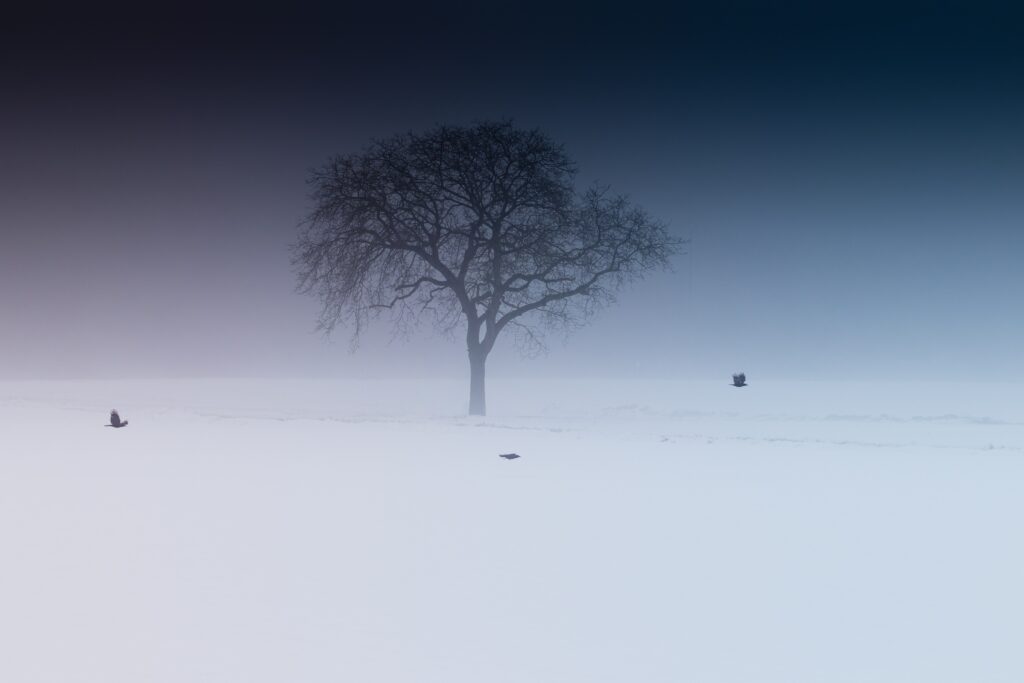
Part 1: Obedience | Part 2: Plan | Part 3: Presence | Part 4: Trust | Part 5: Obey
Okay, then. When facing a new path, we recognize the goodness of God’s will, we trust his will and direction for us, and we obey.
But how? We already know that there’s something within us that discourages us from obeying—even compels us to disobey. And even when that spirit isn’t at the controls, we find ourselves disobeying despite our best intentions.
So does God just sing us a chorus of “Trust and Obey” and wave happily from the dock as we sail off into waters we don’t have the ability to navigate?
Of course not.
God knows Joshua and the Israelites even better than they know themselves. He doesn’t stop talking to Joshua before he gives him what he needs. He continues his instruction to this new leader to its important conclusion: the enablement.
This Book of the Law shall not depart from your mouth, but you shall meditate on it day and night, so that you may be careful to do according to all that is written in it. For then you will make your way prosperous, and then you will have good success (Jos 1.8).
In order to obey, God says, you’re going to need to focus. Note that he doesn’t say that the word mustn’t depart from your “mind” or your “ears”; he saying more than just “think about it, a lot.” What’s happening if Joshua doesn’t let God’s word depart from his “mouth”? Well, he talking about it—perhaps to himself, but almost certainly to the nation as well; he’s continually teaching them what God has instructed.
It’s a truism among teachers that you don’t really understand anything until you’ve taught it—and I would add, until you’ve taught it multiple times. In my experience, the first time I taught something was pretty much always disappointing. And I suspect my students knew that. (The memory of that initial lesson on verbal aspect in Greek gives me the shudders.) But if you teach it repeatedly, your understanding and overall comprehension improve with each iteration—and, I’ve noticed, your belief in the truth of what you’re teaching firms up as well.
There’s more. God tells Joshua to “meditate” on these things. This word comes from a root referring to animal sounds of various kinds: the cooing of a dove, perhaps (Is 38.14), or the growling of a lion (Is 31.4). Applied to humans, it speaks of musing, meditating, perhaps talking to yourself. Roll it over in your head, God says. Consider it from every angle. Make it part of who you are and how you think. Today we would say, “Memorize it, and review it regularly.”
Now, when God refers to “this book of the Law,” to what specifically is he referring? The only Scripture Joshua has, obviously, is the first five books, the Law of Moses. We have a significant advantage over him and over the people he led into Canaan: we have the Law, and the Prophets, and the Writings—and we have the New Testament, which brings it all together and wraps it up with a pretty red bow—not unlike Rahab’s scarlet cord (Jos 2.18).
There is in logic a type of argument known as a fortiori: arguing that if the lesser is convincing, then the greater is all the more so. Let me suggest one here: in Warren Wiersbe’s words, “If Joshua was able to conquer Canaan having only the first five books of the Bible, how much more ought we to overcome now that we have a complete Bible!”
But owning a Bible and keeping it closed—or consulting it shallowly—will not empower this kind of obedience. The Bible is an exercise machine, and such machines require weights if they’re going to build muscle.
May all of us give ourselves to the Word, reading it, meditating on it, consulting reliable resources about it, memorizing it, turning it over in our heads until it becomes the way we think.
That’s a lifelong effort.
And it’s worth it.
Photo by Nathan McDine on Unsplash

